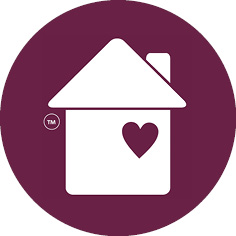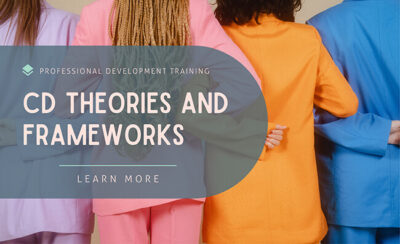A Moment of Reflection...
- What individual strengths did you identify in Aaron as you listened to his story?
- What could you suggest as a community development practitioner to further strengthen Aaron’s resilience and capacity?
Share your thoughts in the comment section at the bottom of this page.



Test test